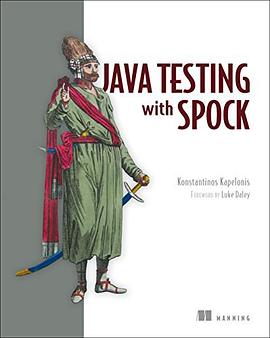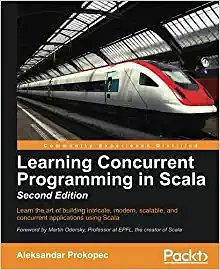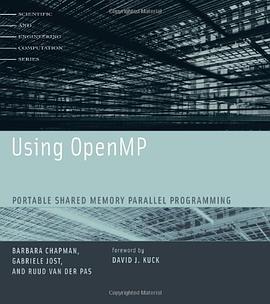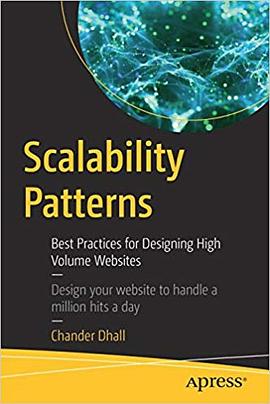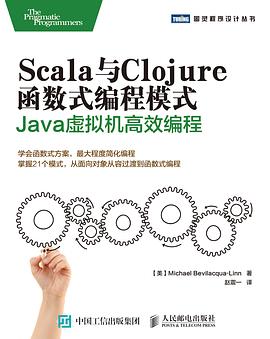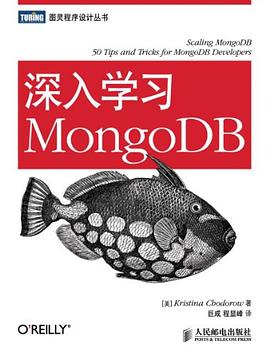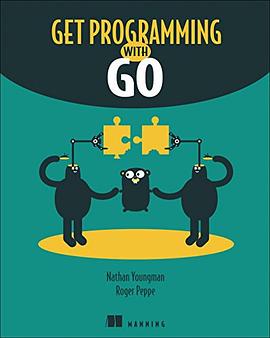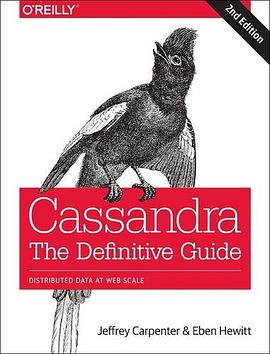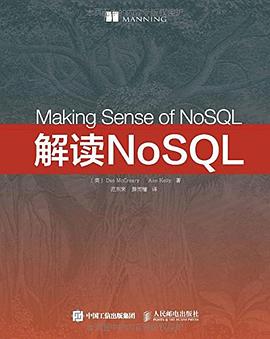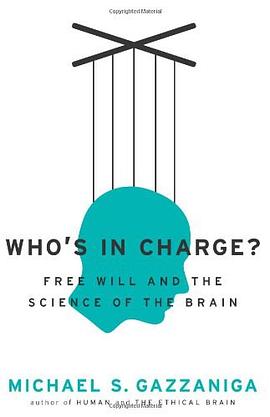

具體描述
“Big questions are Gazzaniga’s stock in trade.”
—New York Times
“Gazzaniga is one of the most brilliant experimental neuroscientists in the world.”
—Tom Wolfe
“Gazzaniga stands as a giant among neuroscientists, for both the quality of his research and his ability to communicate it to a general public with infectious enthusiasm.”
—Robert Bazell, Chief Science Correspondent, NBC News
The author of Human, Michael S. Gazzaniga has been called the “father of cognitive neuroscience.” In his remarkable book, Who’s in Charge?, he makes a powerful and provocative argument that counters the common wisdom that our lives are wholly determined by physical processes we cannot control. His well-reasoned case against the idea that we live in a “determined” world is fascinating and liberating, solidifying his place among the likes of Oliver Sacks, Antonio Damasio, V.S. Ramachandran, and other bestselling science authors exploring the mysteries of the human brain.
著者簡介
Michael S. Gazzaniga, one of the premiere doctors of neuroscience, was born on December 12, 1939 in Los Angeles. Educated at Dartmouth College and California Institute of Technology, he is a professor of psychology at the University of California, Santa Barbara, where he heads the new SAGE Center for the Study of the Mind.
His early research examined the subject of epileptics who had undergone surgery to control seizures. He has also studied Alzheimer's and Parkinson's patients and reveals important findings in books such as Cognitive Neuroscience: The Biology of the Mind.
While many of his writings are technical, he also educates and stimulates readers with discussions about the fascinating and mysterious workings of the brain. Books such as The Social Brain and The Mind's Past bring forth new information and theories regarding how the brain functions, interacts, and responds with the body and the environment.
圖書目錄
讀後感
科學界的知識份子有一種明顯的主流信念,那就是:我們活在一個決定論的宇宙裡。也就是說,宇宙間的物理法則同時適用於物質的、生物的、人體的與人造的一切。而神經科學家在歷經近百年的實證研究後,更成為科學界一群堅定傾向決定論的尖兵。因而當代顯學之一的神經科學,經常引...
評分人类历史上有很多专心于思考这个世界并且很了不起的先辈。说完这句话,我想到波普尔关于三个世界的说法,一个是现实世界,一个是内心世界,一个是文化世界。我们都有内心世界,都活在现实中,都在文化世界内。但是,从这里有了分别。有一类人,主要生活在现实世界中,追求this-...
評分 評分精神性的诚实是否可能?老鼠说:不可能! 精神性的诚实是否可能? 答案是不可能。 为什么? 你是谁? 或者,你他妈的以为自己是谁? 照照镜子,你就是镜子里面的这个人吗?一个独立、自主、完整的名字叫XX的人?你是这个人吗? 你觉得自己是自主的?你能控制自己的心跳...
評分1、大脑功能是区域化的,但是并不代表意识是某一个特定区域产生的。 2、大脑的塑造过程中,进化造成的区域功能和后天学习得来的功能同样重要。可以说人脑由遗传特性和社会环境共同塑造的(默默点头)。 3、在左脑(也就是控制有半侧躯干活动的脑)中存在一个被作者定义为解释器...
用戶評價
把思考快與慢秒得渣渣都不剩,不知道另一本怎麼被吹成暢銷書的。
评分還可以
评分真的令人找到一個新的理解自己的途徑,關於distribured modules 和 interpreter真的很有趣啊。 人類不過是自我欺騙啊,而且是最高等級的自欺欺人,因為這個過程自己也完全沒有概念不是麼。 我們的一切解釋都不過是取決於曾經的Input,我們跟AI有什麼不同。 再說另一個概念上來說,我不過是我過去經驗的奴隸瞭。
评分把思考快與慢秒得渣渣都不剩,不知道另一本怎麼被吹成暢銷書的。
评分可以和out of control呼應著看看
相關圖書
本站所有內容均為互聯網搜索引擎提供的公開搜索信息,本站不存儲任何數據與內容,任何內容與數據均與本站無關,如有需要請聯繫相關搜索引擎包括但不限於百度,google,bing,sogou 等
© 2025 book.quotespace.org All Rights Reserved. 小美書屋 版权所有

